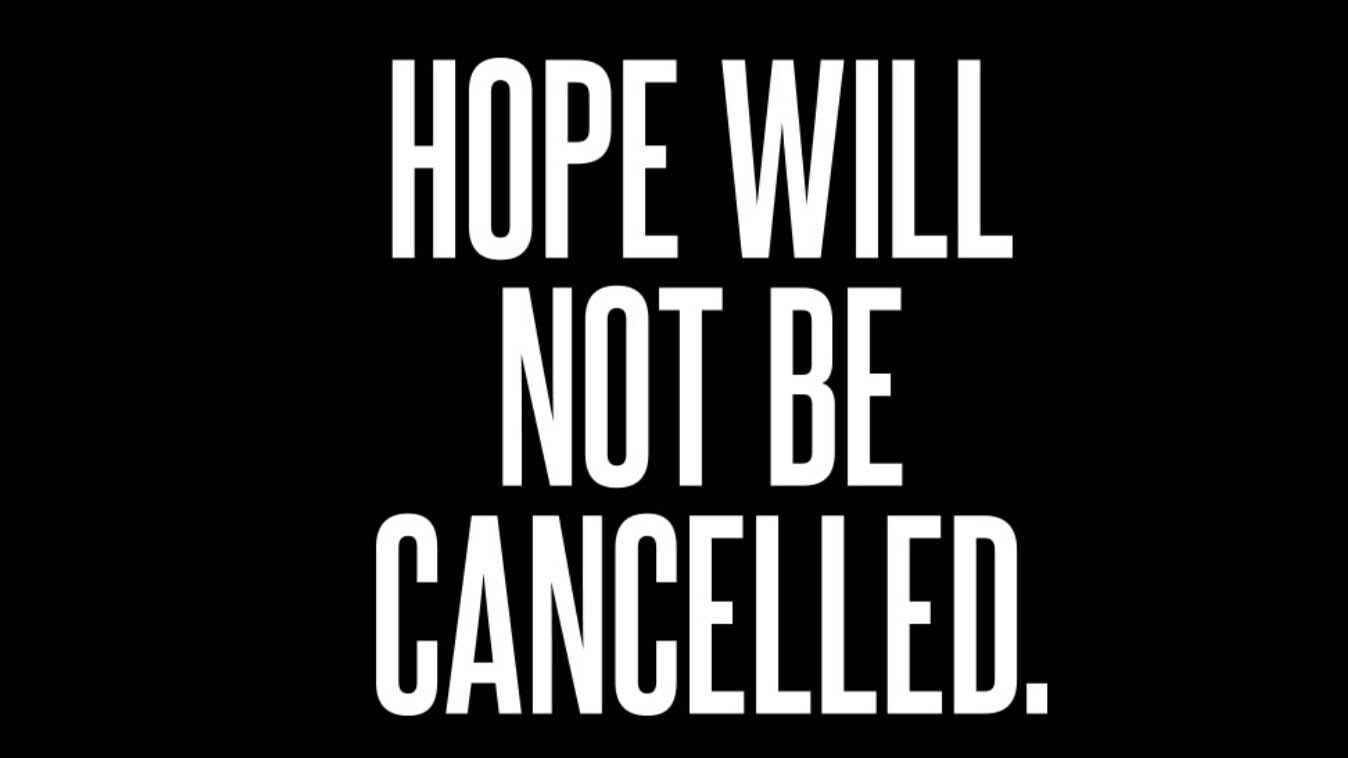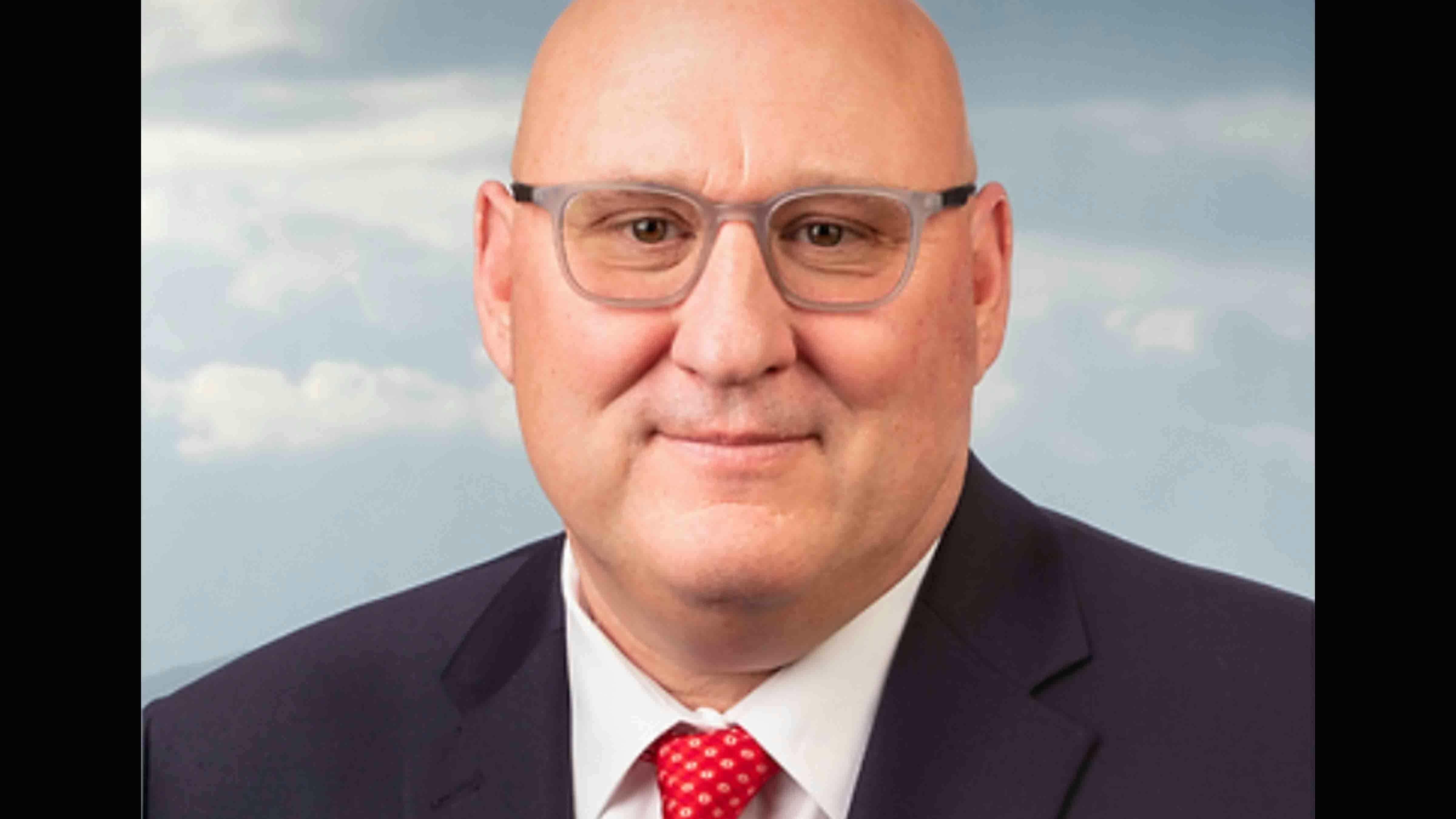Column by Dr. Glenn Arbery, President Wyoming Catholic College, Lander
This past weekend, I got an email from one of last year’s WCC graduates. He said that he missed the Wyoming landscapes that I described in a recent column.
He also thanked us for making his class memorize W.B. Yeats’s poem, “The Second Coming.” As he put it, “It’s been stuck in my head lately like a song.” That might sound heartwarming at first (a student fondly remembering a poem that moved him), but the reality is a little darker.
Yeats wrote “The Second Coming” almost exactly a century ago in the immediate aftermath of World War I—that enormous refutation of the Enlightenment—when the Spanish influenza raged across the world and new, godless ideologies were rising to power.
Developing his own mythology of history, he anticipates the end of the Christian era as part of a complex series of interlocking “gyres” that represent the expansion and contraction of historical civilizations. He imagines a different and ominous “second coming” of an ancient Egyptian civilization, not the return of Christ. Like Nietzsche, Yeats recognizes the devastating consequences of the loss of God at the center of European civilization:
Turning and turning in the widening gyre
The falcon cannot hear the falconer;
Things fall apart; the centre cannot hold;
Mere anarchy is loosed upon the world….
In the poem, the falcon turns in the widening circles of his flight until he “cannot hear the falconer,” the central figure, whereupon “Things fall apart.” Political and cultural Christendom, which once heard Christ in the Church and the Gospels, hears Him no longer—in fact, is no longer “Christendom” at all, as the European Union demonstrates today.
“Things have felt strange lately,” our alumnus wrote, “in the sense that, well, the falcon is spiraling too high and has temporarily lost his connection to earth.” It’s easy to see why this poem sticks in this graduate’s head. Within a few weeks, the world seems to have lost its way.
No one knows what will happen with COVID-19—whether it will spread and peak and go away, or whether it will stay around for years, even centuries, as the plague did in Europe. Whether the economy will recover depends on what happens with the virus. The political wrangling that recently occupied everyone’s attention has not stopped, but everyone’s focus now rests on Dr. Anthony Fauci, who is not running for anything.
So much has changed. Last night I was crumpling some newspaper to light a fire, and I glanced at the headline from September—the whistleblower, the beginning of what eventually became the impeachment proceedings. It was almost a nostalgic moment: Remember the impeachment?
I predict a great resurgence of hope and imagination after this crisis. Who knows whether it is not just for an occasion like this that our College came into existence—to find the unheard-of things preserved for a world that had forgotten them?
It’s good to remember how fortunate we have been not to suffer these massive disorientations more frequently; it’s also good to remember that true culture arises out of the joy and beauty we find anyway.
Our graduate also asked what books or poems I would recommend. As I said a few weeks ago, the great books of the Western tradition begin with plagues like the one in the opening lines of the Iliad. Look at the history of smallpox, and then read Dickens’ Bleak House, one of the great novels in the English tradition.
Reread the epics, especially those that center on a hero who lives for a long time in a condition of uncertainty and fear and who must give up even temporary security in order to accomplish some great task. I think of Aeneas, and there are many others. And Tolkien is not a bad companion when it feels like the shadow of Mordor is coming over the world.
As for poems, it’s a small gesture, but I have started a blog, “A Ragged Patch of Glow,” just to look at a lyric poem a day—insights, glimpses of emotion, intuitions of beauty. I don’t have a program of instruction in mind, just a way to draw on the heights and depths of the capacities of language. I hope that the poems bring a moment or two of clarity.





